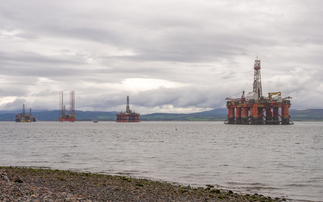Jane Burston of Carbon Retirement outlines the key issues at the start of the two-week climate negotiations
Jane Burston will be blogging from South Africa exclusively for BusinessGreen throughout the Durban climate summit. The 17th UN Conference of Parties on climate change (COP17) kicked off in both senses...
To continue reading this article...
Join BusinessGreen
In just a few clicks you can start your free BusinessGreen Lite membership for 12 months, providing you access to:
- Three complimentary articles per month covering the latest real-time news, analysis, and opinion from Europe’s leading source of information on the Green economy and business
- Receive important and breaking news stories via our daily news alert
- Our weekly newsletter with the best of the week’s green business news and analysis







